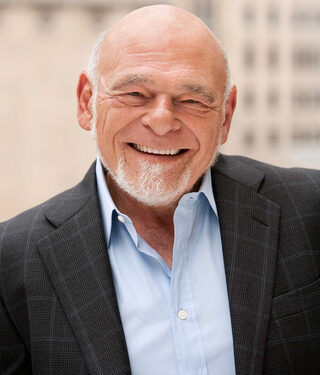P
resident Trump has escalated his campaign against the Federal Reserve by attempting to remove Governor Lisa Cook, a move that challenges the institution's independence. Citing allegations of mortgage fraud, Trump claimed he was firing Cook "for cause," sparking a legal showdown that Cook is preparing to contest in court. Markets responded with concern: bond yields diverged, the dollar weakened, and investors fretted over the implications for monetary policy and central bank credibility.
The move has also rattled global markets as allies and rivals watch closely to see if the US political system will erode one of its most trusted economic guardrails. Trump's maneuver feels more like a power play than a policy disagreement, with him seeking to influence Fed decisions and potentially tilt monetary policy in his favor. If successful, he could override macroeconomic concerns and destabilize inflation expectations.
The politicization of the Fed adds unpredictability to an already sensitive sector, making it harder for developers, investors, and landlords to navigate borrowing costs, refinancing timelines, and asset valuations. Lenders are signaling tighter underwriting standards as they try to price in political risk.
Meanwhile, these moves could speed up the timeline to a rate cut, with traders and economists recalibrating their expectations. The market now assigns a 75% chance of a September cut, down from near 85-90% just days ago. A rate cut would be a short-term win for the real estate industry, but an unpredictable Fed would make it harder for businesses to plan capital structures and for investors to gauge risk.















